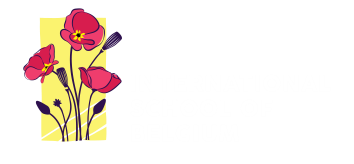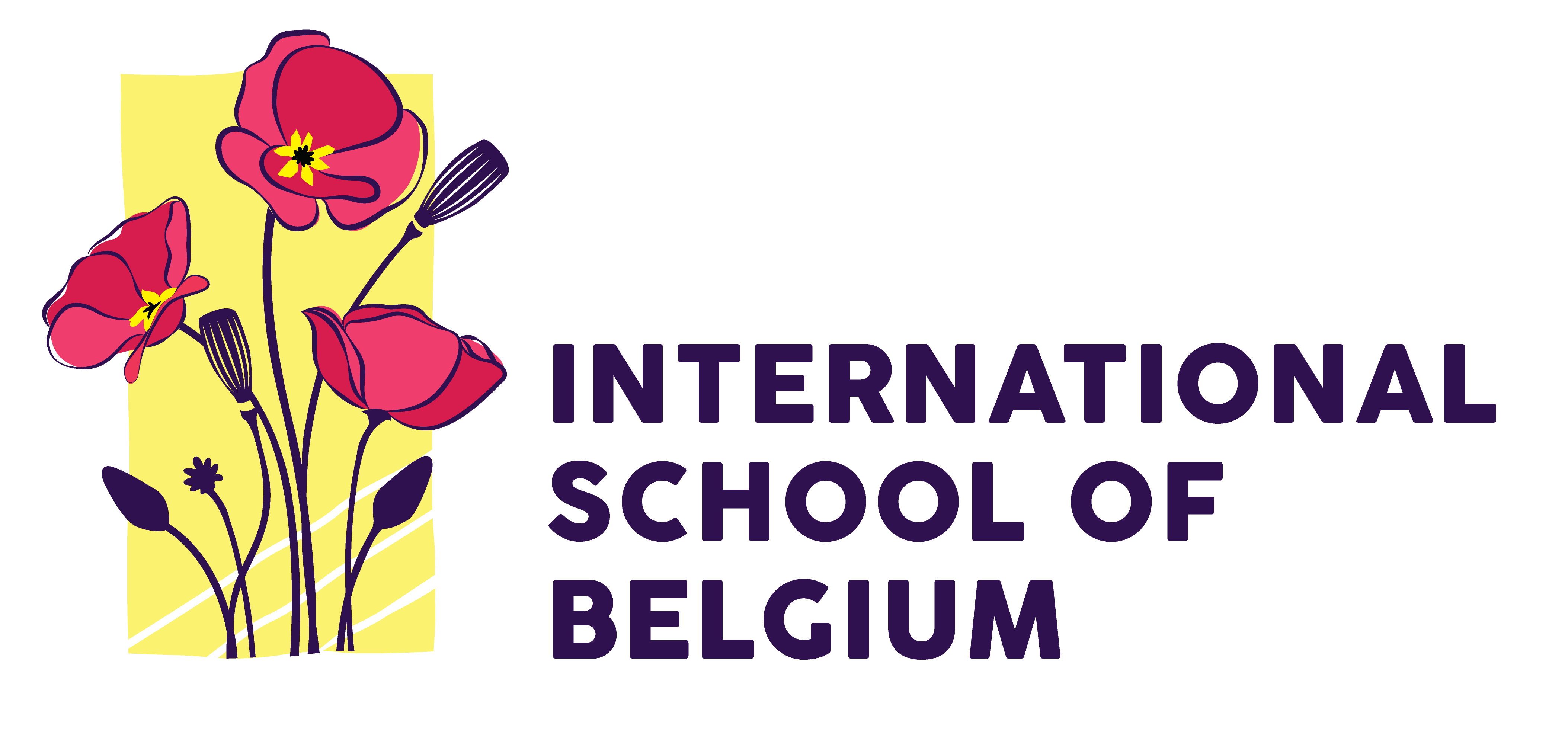by: Ms Tamara
My love of literature consumes my life and impacts my teaching in ever changing ways. I went into teaching English to pass on to students my passion and love of literature. Loving literature is a different passion from many because literature impacts one’s being to the core: it confronts us with ideas we are not accustomed to; it forces us out of our comfort zones, it challenges us to rethink long standing beliefs and values, unraveling the foundations of our certainties, sometimes to reaffirm them; at other times to have us turn away from them. And this unraveling is what I love about reading. Reading makes us go through transformations in ways that no other subject can do. It does this through inviting us into lives of people we might never cross paths with; it does this through inviting us to see and experience the world in ways that our own life might never allow us. When we open ourselves to literature, it sticks to our skin.
A Russian literary critic, Victor Schlovsky, wrote about literature’s power to defamiliarize the ordinary in life. What we do habitually, what we see with accustomed eyes, is made new and fresh in literature. With student readers, these moments in reading are vital as they allow them to engage and identify from a safe distance, enabling them to reflect on their ways of living and thinking. At the root of good literature is questioning, and questioning is at the root of genuine learning and social development. Sadly, we lose the desire and ability to question as we become accustomed to our life routines, our safety measures and comfort zones. But when reading remains at the heart of our existence, we remain questioning, transforming, and growing. When the nineteenth-century British writer Mary Shelley imagined her scientist Victor Frankenstein creating a monster of dead organism, a monster that still continues to capture our imagination through film and more broad popular culture, she did not have a ready answer as to for whom her readers will develop sympathy: the scientist who recoiled from his invention or the monster whose only request was to be accepted. Uneasy to deal with, these questions still haunt students when they read Frakenstein, confronting them with ethical engagements that serve to prepare them not only for a science laboratory but even more so for a life that will many times confront them with similar dilemmas.
When I see questioning eyes in the classroom, I am happy. When I cannot supply the answers my students crave, I am thrilled. Because in the moments when we bond over a text that challenges us and confronts us with questions to which we have no ready answers, we start looking for answers together, and, in looking for answers together we grow and learn from one another in ways that are transformative, and unique to learning through literature. This term, I have already learned a lot from my students, and I look forward to being taught again after the holidays.


